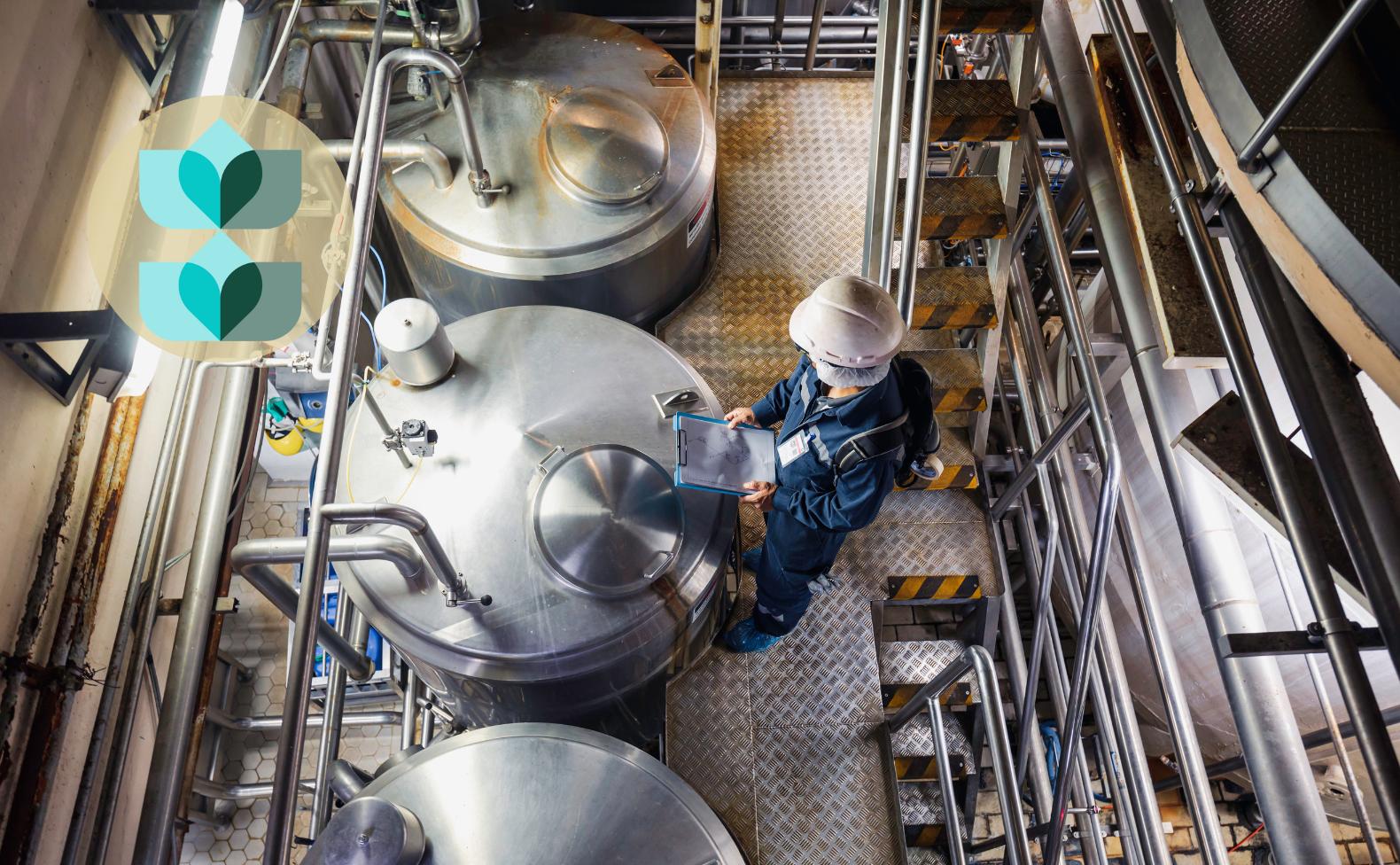In today's diligent consumer landscape, the demand for fairly sourced and also lasting products has actually surged. Private label food manufacturers have become pioneers in this domain name, usually teaming up with agreement food makers to spearhead sustainability and also liable sourcing Private label food solutions campaigns. With a tenacious commitment to environmental values, personal label brand names have made it their mission to provide lasting, high-quality alternatives to consumers.
Private Label Food Manufacturers
In the last few years, private label food manufacturers, additionally referred to as very own brand names or shop brands, have experienced an amazing surge in popularity. These producers generate goods offered under the logo of a retail store, grocer, or private entity. What collections private-label products apart is their ability to use competitive prices without compromising on high quality.
Contract Food Manufacturers
Lots of private-label food makers sign up with pressures with contract manufacturers to develop their product lines. Agreement food suppliers are specialists in creating food for private tags. This strategic collaboration enables exclusive label companies to take advantage of the knowledge, resources, and also committed food production facilities of their partners.
Sustainability at the Core
Private label food manufacturers employ various strategies to improve sustainability within their supply networks:
Moral Sourcing:
Exclusive label companies are increasingly committed to sourcing active ingredients according to honest as well as reasonable trade requirements. This involves making sure that producers and also employees of basic materials, such as coffee beans, seasonings, or cacao, get fair payment for their efforts.
Regional Sourcing:
Prioritizing regional sourcing of active ingredients is an additional trademark of private-label food manufacturers. This not only reduces the carbon footprint associated with transportation yet additionally supports neighborhood farmers and also neighborhoods.
Organic Ingredients:
With the organic food market increasing, exclusive tags are responding by incorporating natural active ingredients right into their product lines. Organic farming techniques focus on soil health and wellness while eschewing artificial chemicals and also plant foods.
Lasting Seafood:
Private Label Food Manufacturers are diligent in making sure that the fish and shellfish they make use of is sustainably gathered, sticking to standards established by organizations like the Marine Stewardship Council, which promotes responsible angling.
Decreased Food Waste:
Personal label firms are actively dealing with reducing food waste by carrying out efficient manufacturing processes as well as developing products with longer service life. Some brands are likewise partnering with food rescue companies to give away excess food to those in requirement.
Eco-Friendly Packaging and also Efforts
Sustainability initiatives by private-label food manufacturers extend past sourcing ingredients to incorporate packaging and environmentally friendly campaigns:
Lasting Product packaging:
Exclusive label brand names have embraced green packaging choices, including recyclable, biodegradable, or compostable products. Upgrading packaging to reduce excess product and reduce environmental influence is a top priority.
Waste Reduction:
To reduce wastefulness, private-label food manufacturers optimize item sizes, decrease excess product packaging, and discover ingenious packaging services. Some brands also urge customers to take part in recycling programs.
Energy Efficiency:
Several personal label manufacturers are investing in even more energy-efficient manufacturing plants, reducing water use, as well as adopting renewable resource sources to additionally lower their ecological impact.
Carbon Neutral Initiatives:
Some exclusive brand name food makers are taking enthusiastic steps to accomplish carbon neutrality by countering their greenhouse gas emissions through reforestation tasks and also renewable energy credit reports.
Difficulties as well as the Roadway Ahead
In spite of the considerable strides made in sustainability and also liable sourcing, private-label food makers deal with obstacles. Balancing sustainability with cost-effectiveness can be a delicate act, often needing compromises on lasting components or the exploration of environmentally friendly options.
However, the future of private-label food manufacturing holds excellent pledge. As customer recognition and need for sustainable items continue to rise, private-label brands as well as their contract food manufacturing companions are most likely to increase their efforts. Partnership with suppliers and financial investment in lasting technical breakthroughs as well as transparency will certainly be pivotal in shaping a sustainable future for the industry.
Often Asked Concerns
Q1: What are private label food manufacturers?
Private label food manufacturers produce products offered under the logo of a store, grocer, or private entity. They supply competitively priced items without jeopardizing on top quality.
Q2: How do private label food manufacturers advertise sustainability?
Private label food manufacturers advertise sustainability with honest sourcing, regional ingredient purchase, the use of natural active ingredients, lasting fish and shellfish techniques, and also initiatives to decrease food waste.

Personal label brands adopt environmentally friendly packaging options such as recyclable, biodegradable, or compostable products. They additionally upgrade product packaging to decrease excess product and also reduce ecological effect.
Q4: What challenges do private label food manufacturers deal with in sustainability efforts?
Balancing sustainability with cost-effectiveness is a significant challenge for private label food manufacturers. This might call for compromises on sustainable components or the exploration of environment-friendly options.
Final thought

Private label food manufacturers go to the forefront of the sustainability and also accountable sourcing movement within the food industry. Their dedication to moral sourcing, neighborhood procurement, organic ingredients, and lasting techniques, along with their devotion to eco-friendly product packaging as well as waste reduction efforts, show their determination to fulfill the demands these days's eco-conscious consumers.
Despite the obstacles they face, private label food manufacturers are poised for a promising future. With customers significantly prioritizing sustainability, the sector is most likely to witness also better cooperation with suppliers, investment in sustainable technologies, as well as a commitment to transparency. As we move forward, private label food manufacturers will remain to play a vital duty fit a much more lasting and honest food landscape for all.